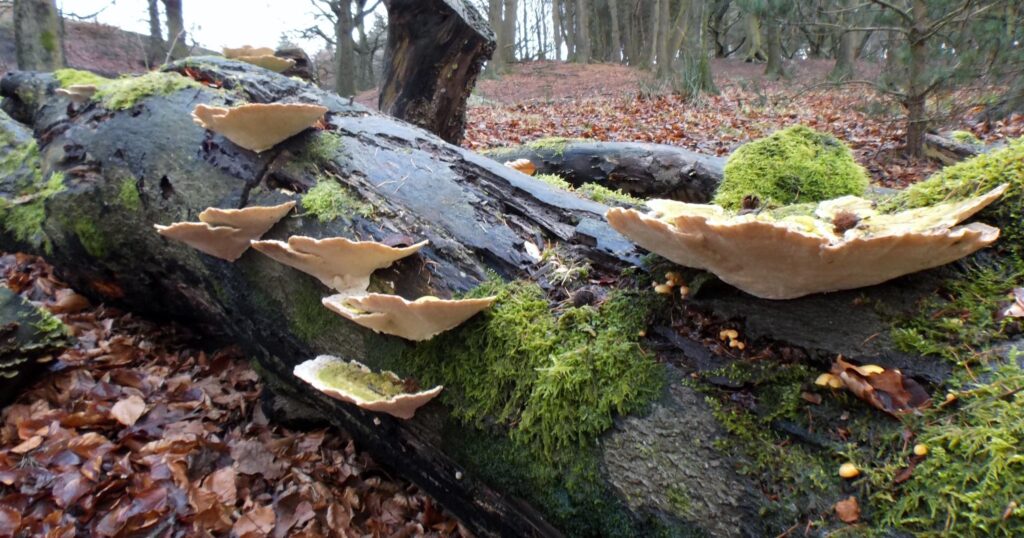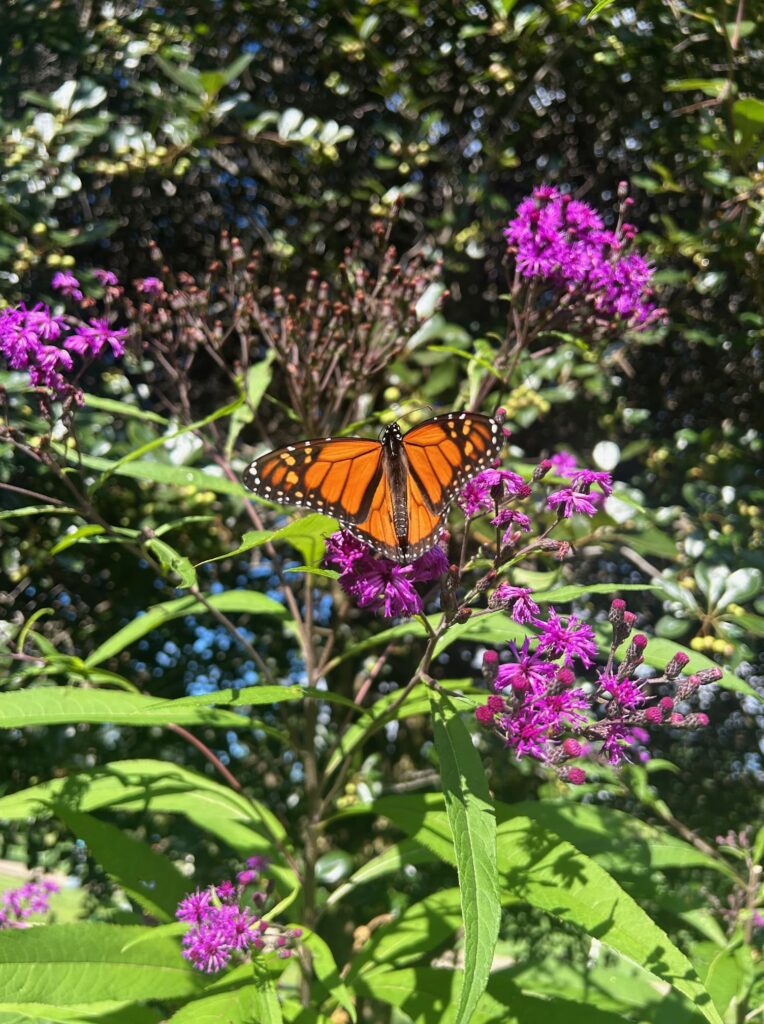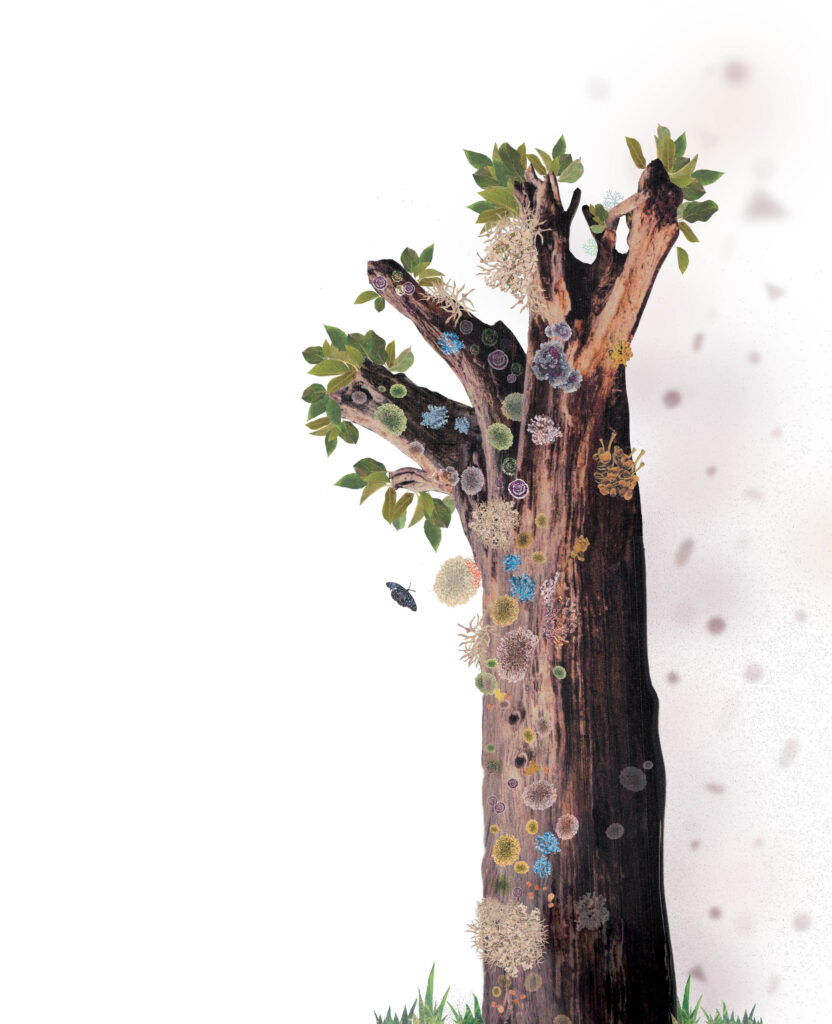After several years of studying and working in the Valparai Plateau, Ana- malai hills, Tamil Nadu, scientists T.R. Shankar Raman and Divya Mudappa of the Nature Conservation Foundation, Mysore, have joined hands with Rain- forest Alliance (RA) to foster a novel approach to biodiversity conservation in plantation landscapes across India. They are working to provide market-linked incentives through credible certification of tea and coffee farms that adopt good land-use practices.
The Valparai Plateau situated in the Western Ghats biodiversity hotspot has great potential to support natural plant and animal diversity. Although the current land-use is dominated by tea and coffee plantations, they provide refuges for threatened species and act as corridors for animal movement. As these and several other plantations across the country have been carved out of or adjoin forests, the scientists realized the need to extend conservation efforts to these production landscapes. Although some plantation companies with a corporate conscience are already successfully involved in ecological restoration initiatives, Mudappa and Raman believe that introducing an economic incentive might attract others to join the effort.
Rainforest Alliance is an international non-profit organization that has established a system of certification for sustainable agriculture worldwide. While there are other certifications that producers might avail of, the RA certificate uniquely defines sustainability in agriculture from a perspective of biodiversity conservation in addition to regulated use of permitted agrochemicals, good social and farm management practices. Since 2007, Rainforest Alliance has certified estates in Tamil Nadu, Karnataka, Kerala, and Assam, who have been able to tap into growing markets for sustainable produce.
The certification process is simple, and a farm or group of farms can initiate the process with a voluntary application to the Rainforest Alliance Certified program. A farm visit by specialists is necessary to determine the changes needed to achieve certification, followed by an official audit. All farms or groups are inspected every year and they must demonstrate continual progress.
Farmers pay for the initial certification of their farms and the annual follow-up inspections. Currently, the Indian Coffee Board is enabling such market initiatives by providing a subsidy for planters who want to get this or other forms of certification. Nature Conservation Foundation recently joined the Sustainable Agriculture Network (SAN), an international consortium of non-profit conservation organisations.
Rainforest Alliance is an international non-profit organization that has established a system of certification for sustainable agriculture worldwide. While there are other certifications that producers might avail of, the RA certificate uniquely defines sustainability in agriculture from a perspective of biodiversity conservation in addition to regulated use of permitted agrochemicals, good social and farm management practices. Since 2007, Rainforest Alliance has certified estates in Tamil Nadu, Karnataka, Kerala, and Assam, who have been able to tap into growing markets for sustainable produce.
Mudappa and Raman are helping to identify ecological and wildlife-friendly standards that are applicable in the Indian scenario and train and audit farms to achieve the certification. Ultimately the success of this venture lies in the hands of the consumer. While creating awareness among Indian consumers will take time, there is great potential in the domestic market. Tata Global Beverages, Unilever, and Kraft and many others have made a significant commitment to sourcing certified tea and coffee in the future.





